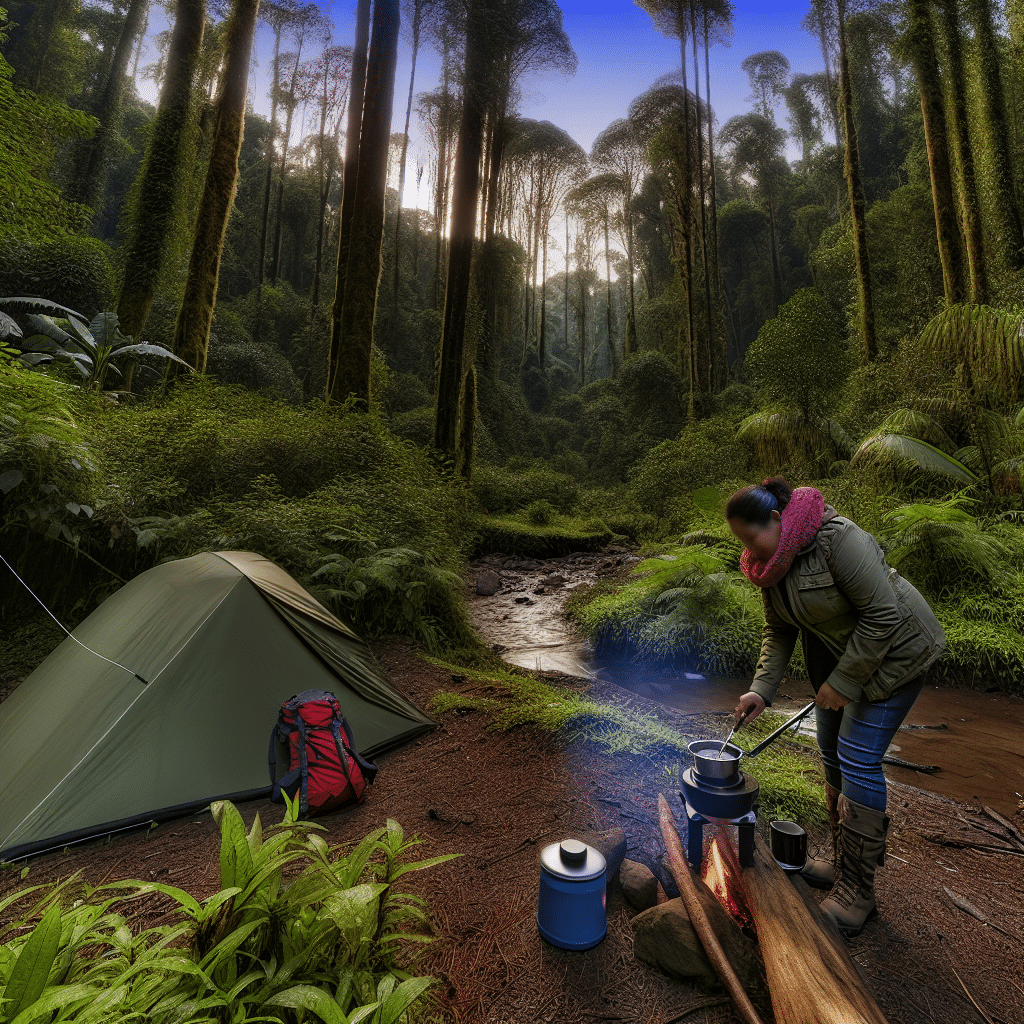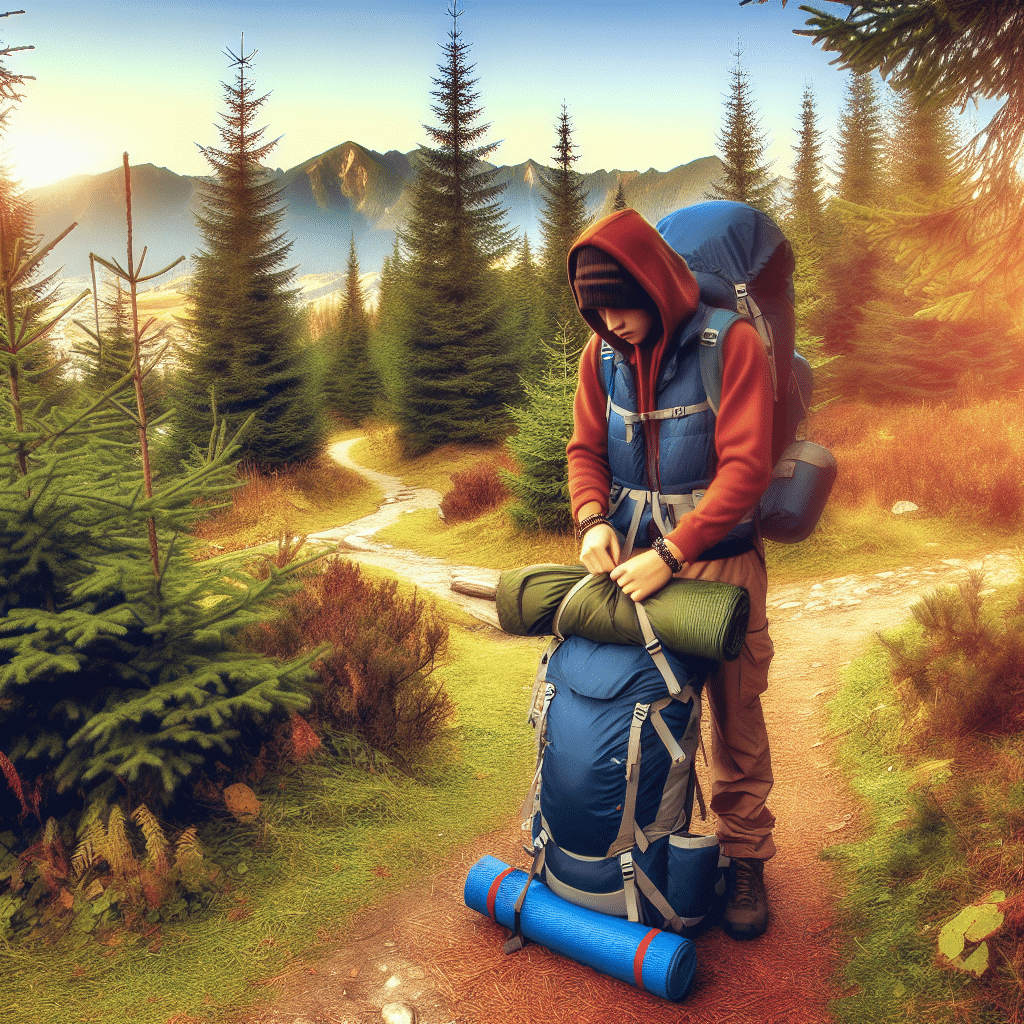In an era where life is dominated by technology and complexity, the allure of returning to nature has never been stronger. For many outdoor enthusiasts, this means embracing the simplicity and raw beauty of primitive camping. But what exactly is primitive camping, and why are so many people drawn to it?
What is Primitive Camping?
Primitive camping, often referred to as backcountry or wild camping, is a form of camping that emphasizes self-reliance and immersing oneself in natural surroundings. Unlike car camping or staying at developed campgrounds, primitive camping involves setting up camp in undeveloped, often remote locations without the amenities such as running water, bathrooms, and electricity. It’s an experience that calls for careful planning, minimalism, and a strong respect for nature.
Why Choose Primitive Camping Over Traditional Camping?
Escape the Crowds
One of the biggest appeals of primitive camping is the solitude it offers. Developed campgrounds can get crowded, noisy, and provide a less-than-authentic nature experience. Primitive camping, on the other hand, allows you to escape the throngs and find peace and quiet in secluded spots where you can truly connect with the environment around you.
Challenge and Adventure
Primitive camping often involves hiking into remote locations, requiring a higher level of physical fitness and mental resilience. The challenge of navigating trails, setting up your own camp, and ensuring you have enough supplies can be immensely rewarding. It’s a test of your skills and an opportunity to push your boundaries.
Deep Connection with Nature
There’s something profoundly grounding about living simply and immersing yourself in the natural world. Primitive camping allows for an intimate experience with nature, from stargazing in an unpolluted night sky to waking up to the sounds of birds chirping and leaves rustling. Such experiences are unparalleled in their ability to foster a deep appreciation for the planet.
Environmental Stewardship
Practicing Leave No Trace principles is vital in primitive camping. By choosing to camp in undeveloped areas, you commit to minimizing your environmental impact. This involves packing out all trash, avoiding harm to wildlife, and being mindful of the ecological footprint you leave behind. It teaches respect for nature and encourages sustainable outdoor practices.
How to Prepare for Primitive Camping
Research and Planning
Before embarking on a primitive camping trip, thorough research is essential. Learn about your destination, weather conditions, and any regulations or permits required. Familiarize yourself with the local flora and fauna, and be aware of potential hazards like poison ivy, bears, or unstable terrain.
Essential Gear
Packing for a primitive camping trip requires careful thought. Here’s a list of essential items:
1. **Tent and Sleeping Gear:** Choose lightweight, durable options suitable for the terrain and weather.
2. **Backpack:** A sturdy, comfortable backpack is crucial for carrying all your essentials.
3. **Clothing:** Layered clothing that can adapt to changing weather conditions is ideal.
4. **Water Filtration:** Since you won’t have access to clean water, carry a reliable water filtration system.
5. **Food and Cooking Supplies:** Opt for lightweight, non-perishable foods and a portable stove.
6. **First Aid Kit:** Always be prepared for emergencies with a comprehensive first aid kit.
7. **Navigation Tools:** Maps, compass, and GPS devices are crucial for staying on course.
8. **Safety Gear:** Items like a multi-tool, fire starter, flashlight, and whistle are essential for safety.
Physical Preparation
Since primitive camping can be physically demanding, make sure you’re in good shape before your trip. Regular exercise, including cardio and strength training, will help you handle the physical challenges of hiking and carrying a loaded backpack.
Respecting the Environment
Primitive camping necessitates a strong commitment to preserving the natural beauty of the places you visit. Practicing Leave No Trace principles is not optional but imperative. Here are some key aspects:
Pack it In, Pack it Out
Everything you bring into the backcountry should be packed out. This includes trash, leftover food, and any other waste. Leaving the environment as pristine as you found it ensures that others can enjoy it too.
Respect Wildlife
Observe animals from a distance and never feed them. Feeding wildlife can disrupt their natural behaviors and have serious consequences for their health and safety.
Minimize Campfire Impact
If you must build a fire, do so in established fire rings and keep it small. Use a portable stove for cooking whenever possible. Always ensure your fire is completely extinguished before leaving the site.
Conclusion: Embrace the Simplicity of Primitive Camping
Primitive camping is more than just an outdoor activity; it’s a journey into simplicity, self-reliance, and profound connection with the natural world. By understanding what primitive camping is and preparing adequately, you can embark on an adventure that not only challenges you but also enriches your appreciation for the environment. So pack your gear, leave the luxuries behind, and step into the wild—you might just discover a new favorite way to experience the great outdoors.




